I, Elizabread, pledge to complete 16 prompts for Summer Camp! — Bready
I've been away from World Anvil for way too long, and I missed being a part of Summer Camp. It was the first event I ever took part in, and it was a blast! I'm super excited to back in the game and to complete even more prompts this year!! Ultimately, I would love to have all 40 prompts completed, but since I haven't been worldbuilding in such a long time, I'm setting my goals to be much more realistic this time around. Though, that isn't going to stop me from trying to get that diamond badge!
Theme: Power
Which are the powerful organizations within your world setting? Who are the powerful individuals? What kinds of power do they wield and what are their weaknesses and needs?
Power is an important part of Valtena. Currently, the most powerful country in the world is
Otorveia, a large empire with multiple colonial holdings. They boast the strongest military and economy, but they pay for that control in blood. Far to the south, the dragonfolk of
Galag Rok are still a force to contend with after their long reign as the Dragon Kings. Economically, the tiny country of
Deejs has managed to cling to political and economic relevance by controlling the only northern strait to sail around Kos. They're geographically protected and one of the few countries to successfully repulse an attack from the empire. And then there are the halflings from the
Flying Islands who have technological wonders that no one on the ground can fully fathom, but they remain mostly isolated in the clouds.
Religion also wields considerable power in the world with gods who have a real and active presence. Religious leaders guide the faithful in worship. They operate both separately and in tandem with the state, and they can spread influence far beyond political borders. The gods hold power over their creations, and they certainly aren't above playing favorites or tormenting those who displease them.
Theme: Frontiers
Where are the frontiers in your worldsetting? And why would anyone want to go there?! What about metaphorical frontiers, like the “frontier of medicine” or space, the “final frontier”?
From a cultural and technological level, the world of Valtena sits at the cusp of an industrial revolution. Automation and steam power are in their early infancies, and magic allows people to create simple hot cauldrons without relying on coal or other fuels. Geographically, the great frontiers are
The Great Expanse, the depths of the oceans, and a mysterious continent that covers the north pole of the world.
The Great Expanse is a desert region of
Evirs which is known for being blighted and dead. The desert keeps expanding, but expeditions into the desert have started to uncover truths about a long forgotten past. There are vague memories of an empire that used to rule the entire continent, but it fell abruptly, and has since fallen into myth. Under the sea, the oceans are much deeper than anyone realizes. The merfolk know that there are monsters in the deep, but they also believe that the sea goddess resides at the bottom of the ocean. No one really knows how deep the trenches go. Finally, the mysterious north pole feeds my love of the Arctic and Antarctic expeditions. The landscape is harsh, and it's uncharted territory. The people of Valtena have been able to circumnavigate their world, but this continent is a place that even the locals avoid.
Combo: Frontiers & Power
One thing that really caught my interest from the stream was the idea of frontiers existing in socioeconomic spaces. In Otorveia, each heir in the imperial lineage is assigned two retainers, one older and one younger. These individuals must be born on specific days relative to the birth of the royal child, and a diviner is able to see who the fated retainers are. In rare cases, peasant children are selected and thrust into being nobility. For them, the imperials courts and politics are frontiers, and they straddle a social border which very few people get to cross.
Theme: Relics
What aspects of the past are revered today in your world setting? Which peoples are remembered? And which are forgotten, and why?
Much of my inspiration for demigods in the world comes from Christian saints. The saints all have associated relics, and this transfers over to Valtena, too. Each demigod has a variety of magical relics that are closely tied to the deity's patronage and life. Similarly, the other deities have magical artifacts which are associated with their domains. Other relics in the world are regular historical artifacts. Crown jewels, vases from civilizations past, and family heirlooms all hold significance even if they aren't specifically magical.
Combo: Relics & Power
Relics in Valtena can be a symbol of power. One such example is the
Imperial Tiger which is the symbol of the Otorim Imperial family and formally was a sign of nobility in another great empire. In Galag Rok, headdresses are status symbols. They are worn during formal events, and the practice is a relic from their history when dragons had their horns adorned with jewels and finery. The elves are known for their fine craftsmanship of magic items and weapons which are often passed down from generations among the other sapient species.
Combo: Relics & Frontiers
The first thought I had for this is that relics can be found in frontier regions. Notably in Valtena, the Great Expanse is filled with old ruins and relics of a bygone empire. Relics can also reveal ideas which were frontiers of their time. Perhaps the idea didn't really take off until much later as in the case of batteries and steam engines in our world. They can also open up new frontiers. Powerful relics may show what was once possible and inspire people to try and recreate the lost technology.
Theme: Communication
How do people and organizations from different backgrounds or cultures communicate with each other? How does communication happen over short and long distances? Who in your setting communicates secretly or carefully, and how?
As a linguist, communication has always been super interesting to me and is one of the major themes within Valtena. There aren't any lingua francas in the world, and most people only learn the languages they need to know to communicate with their communities and sometimes outsiders for trade. Most people are somewhat literate, and the printing press has done a lot to improve overall literacy rates in the world. Pamphlets and flyers are very common for communicating ideas throughout Otorveia. Elsewhere, handwritten books are still common and sought after.
Codes and ciphers are also a particular interest of mine. The Hundred Brothers, a major organization for criminals, uses codes called The Arts to communicate. Many religious groups also have their own secret scripts and shorthands to make copying texts easier and to keep an air of secrecy around their rituals. The armies in Deejs and Kealriv use Vane Signals to communicate across long distances. A set of boards laid out in a 4 x 3 rectange can be placed in an open or closed position. It's used to transmit messages and to leave static messages by making use of existing window shutters in houses.
Combo: Communication & Power
To quote Max Weinreich, "A language is a dialect with an army and navy". This is especially true in Otorveia where
Otorpese is the official language, and all citizens must learn to speak it. Because of this, many other languages are dying out or are seen as second tier status. The language has also developed its own dialects with High Otorpese being the dialect spoken by nobles and royalty.
Combo: Communication & Frontiers
My first thought about communications and frontiers was the process of learning languages. In Valtena, most language instruction is irregular in the sense that there aren't standardized curricula to teach it to people. Nobles learn languages from tutors, and a tutor who isn't very proficient in a foreign language will often pass down mistakes to students. People who travel frequently can often end up in places where they don't speak the local language and may need to rely on gestures and pictures to communicate. My second thought was about communication over long distances. The trade guilds in Otorveia have simple magic items which allow dispatchers to communicate briefly with merchants no matter where they are in the world. Communication between them is fast and reduced to verbal shorthands. A particularly skilled dispatcher almost sounds like an auctioneer. There are also magic books which allow people to write in one book and have the text show up on its paired book. Once again, the trade guilds put these to good use for keeping track of shipped goods, and they carefully guard their secrets about how they create these items.
Combo: Communication & Relics
Even though there isn't any kind of international language standard, Intalnib comes the closest. It's a trade language used primarily by merchants and people in large cities to communicate with people from other countries. It started as a pidgin between the dwarves and merchants from an empire that existed over a thousand years before. Even though there aren't any native speakers left of either language, Intalnib has hung on. Most people have forgotten the language's origins and just know it as a trade language.
Camp Shoutouts!
There's so many awesome ways to approach Summer Camp, and there's a place for everyone. Click the badges to find out more!
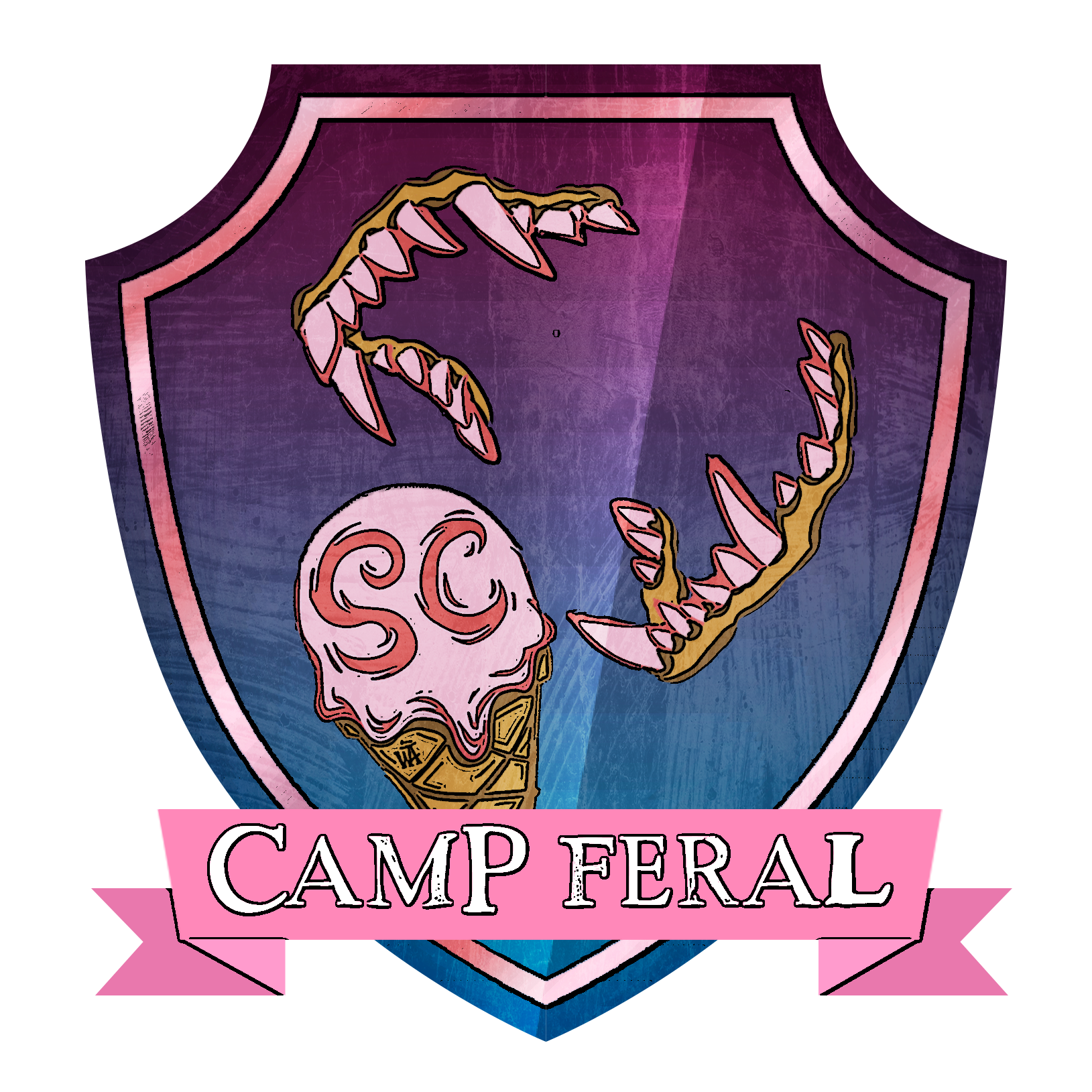
Camp Feral Badge by Strixxline

Dewy Diamonds Badge by Strixxline










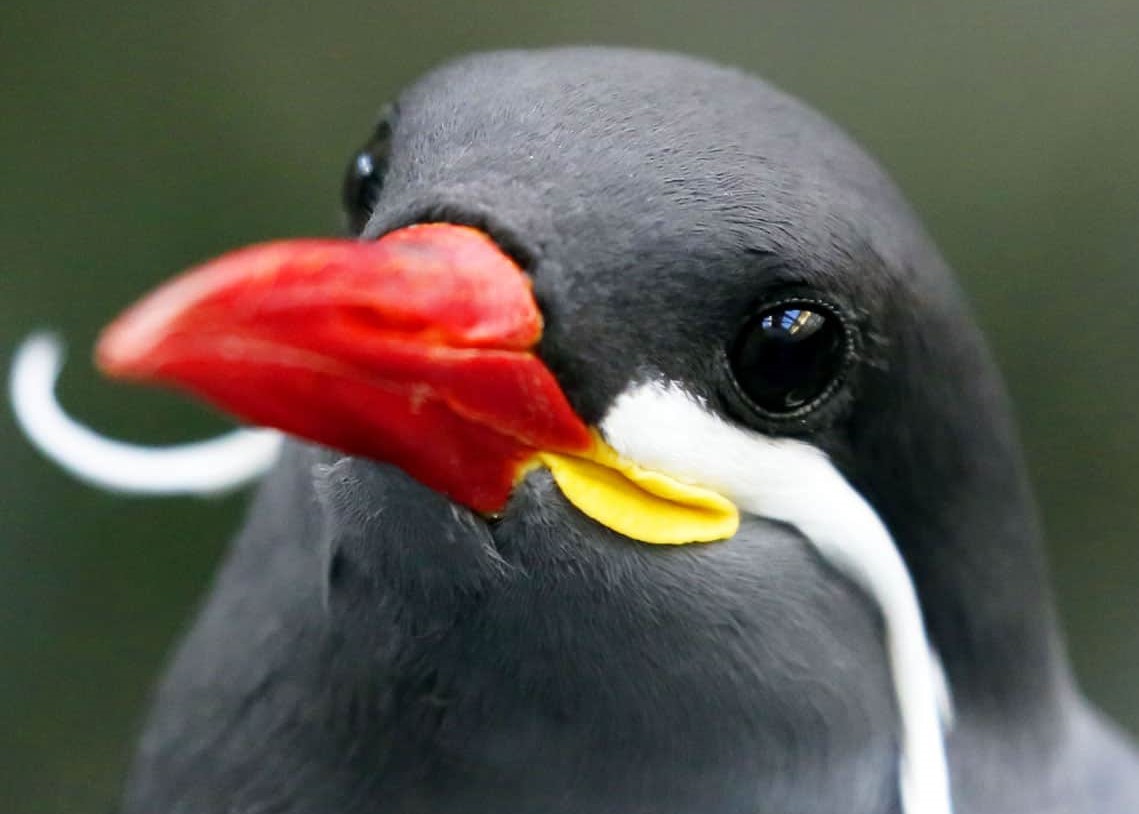
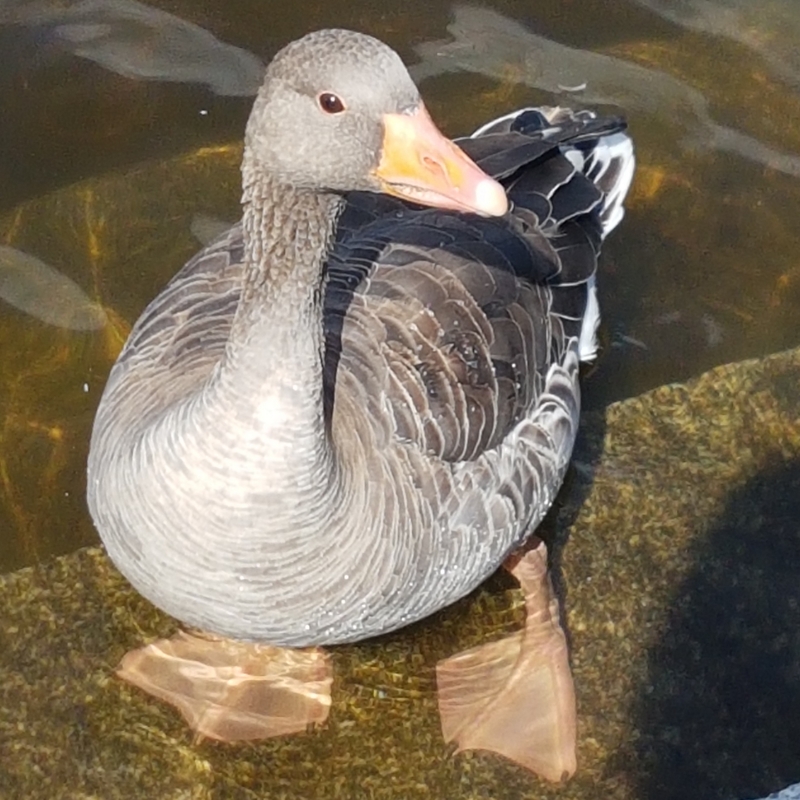

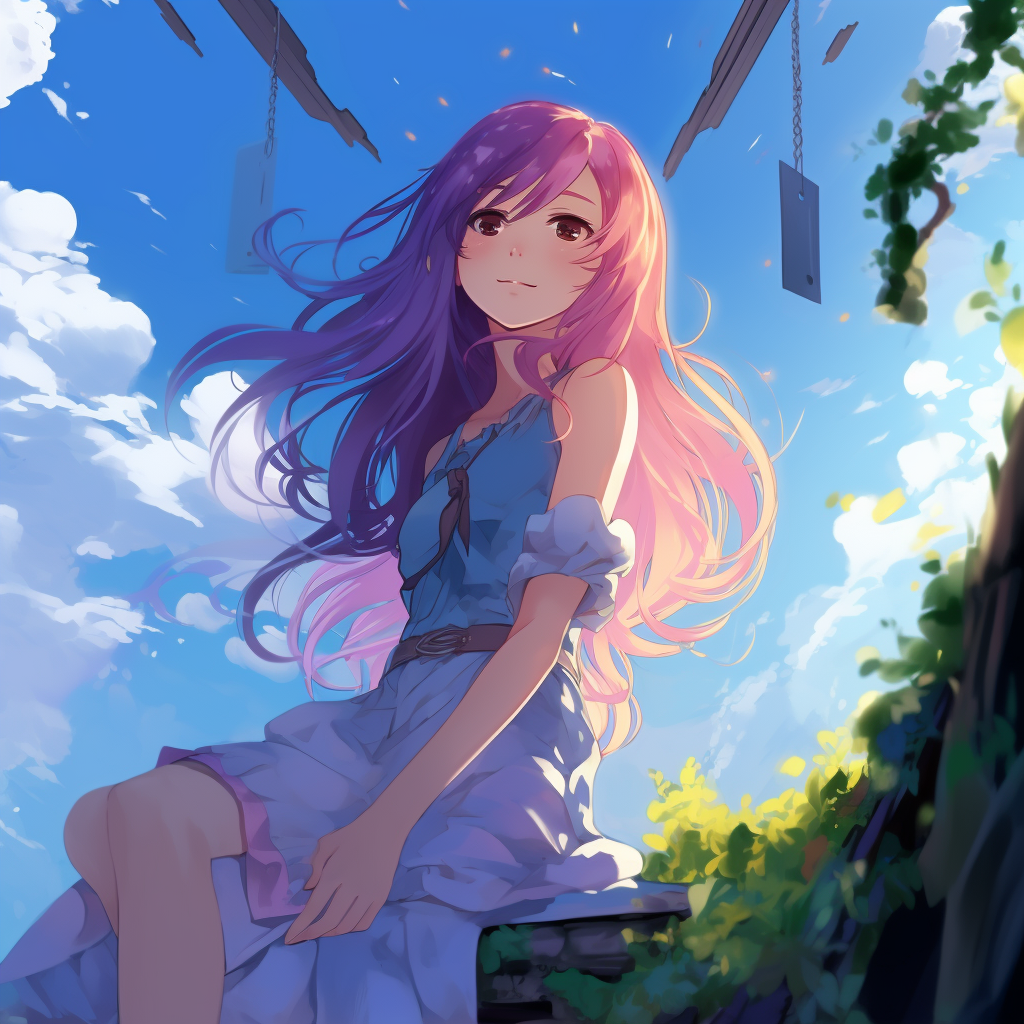

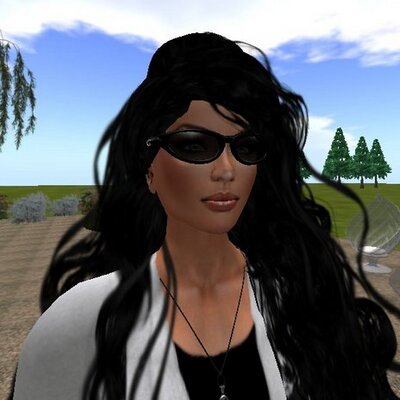


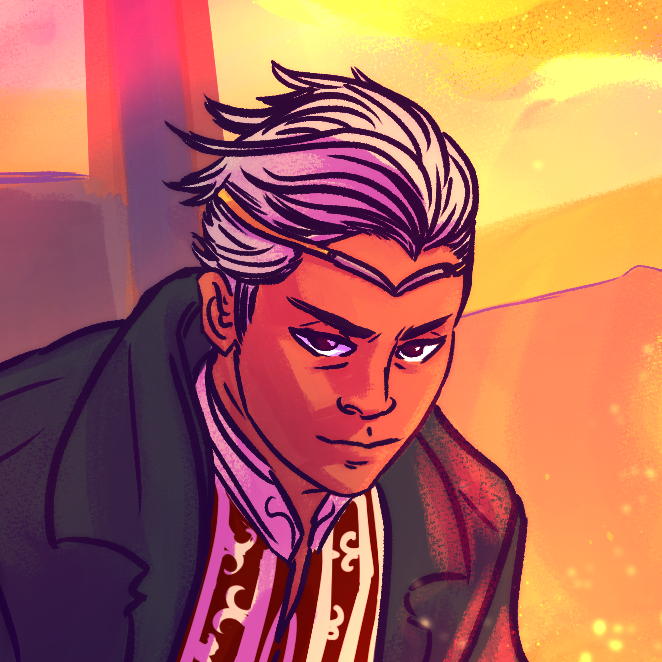
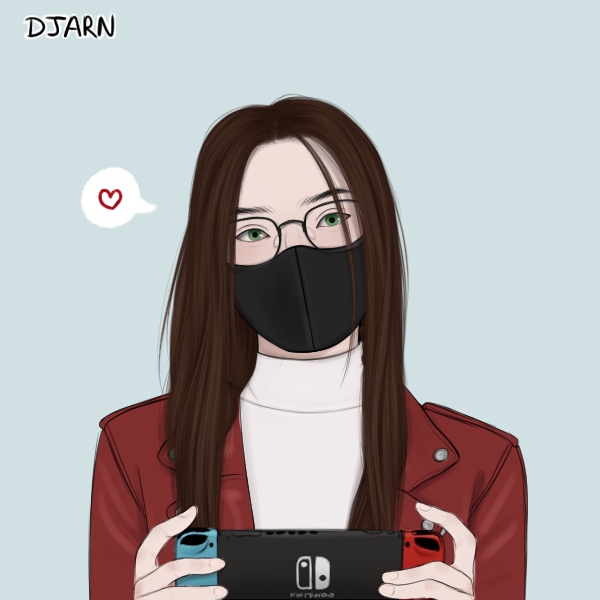
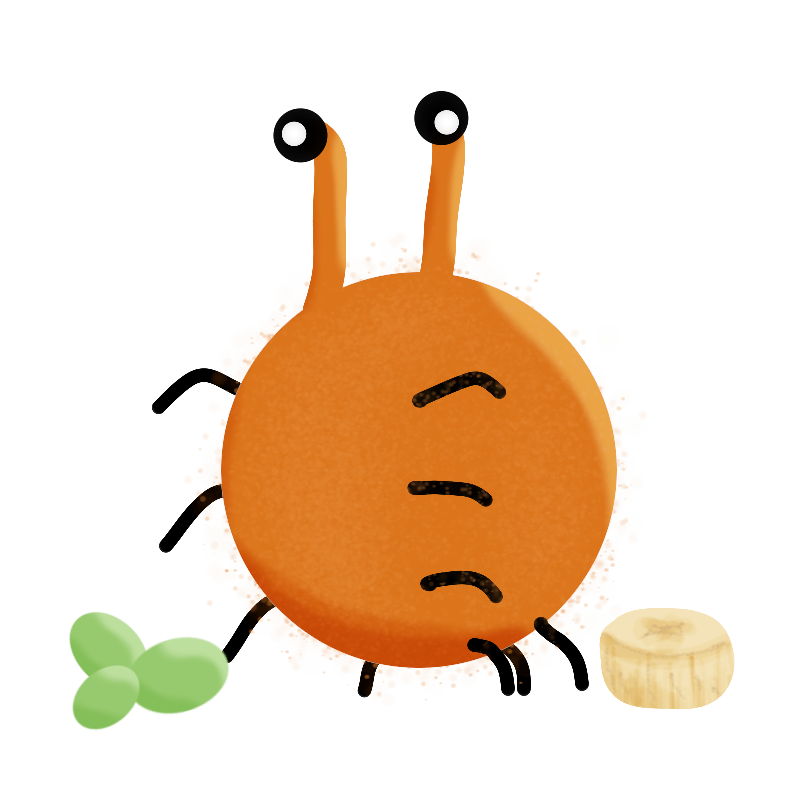
Welcome back! Best of luck with SummerCamp!!
Seek a new dawn, in Malkora!
Craft a bright new world, in Ayun Sovos!
The Feral Sovereign returns for Summer Camp 2024!
Thank you! It feels great to be back!